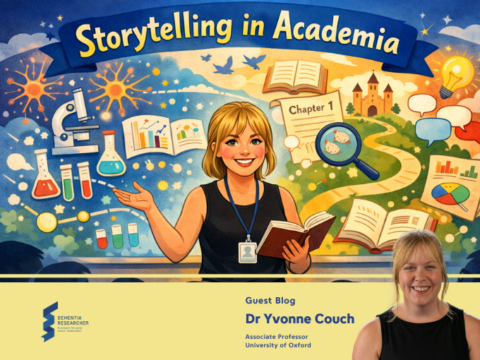You may have come across this bombshell of an announcement in the news recently – the government cut half the budget of international research funding via the ODA (Official Development Assistance) – that is a shortfall of £125 million.
That in itself is hard to believe, especially with the UK now not being part of the EU any longer and thus concerns (initially?) whether we would still be eligible for programmes such as Horizon Europe. Vital research funding programmes which enable cross-country collaborations.
Not only has the budget been cut, but this actually affects already funded research projects too. Most likely including mine.
Now you can see I am not only shocked on a general level as research is global and even findings from one country or region, say rural Canada, can have implications for other countries or regions, say rural Finland. I, and my team, are also very likely to be personally affected by this. But let’s take a step back.

Official development assistance (ODA) – generally known as overseas aid – is the internationally agreed criteria for funds provided to developing countries to fight poverty and promote development. This includes funding research & collaborations.
The government announced these cuts, which impacts on funded and future collaborations between the UK and collaborators in low- and middle-income countries (LMICs). These include Uganda, Brazil, and Sri Lanka, just to name a few of many. These funds are important not just to conduct research that allows researchers to look beyond the scope of their natural habitats and Universities, but they are also important for research to benefit people from more disadvantaged backgrounds in developing countries and their specific needs.
The UK has already withdrawn from the European Union. I’m sure you can imagine my and many others’ opinion on that. And now the UK withdraws from collaborations with other countries outside the EU? Is there a pattern here of Little Britain wanting to not work with other countries?
Cuts in research funding do not just affect research. They are likely to affect political relationships between the UK and say Colombia or Indonesia as well. But what’s more, a rich nation like the UK can provide development assistance by conducting international research and explore the issues that affect people in LMICs, such as the need for clean water, or the impact of living through stressful life events, such as la violencia in Colombia, on the mental health of people.
At the time of writing this, we are still waiting to hear how our grant is exactly being affected. Apparently there are multiple waves of cuts which the University has to implement and decide which grants are worth continuing, or cutting down, or, worst case scenario, withdraw funding completely. So stay tuned, and let’s hope NIHR Global won’t be affected next.
Author

Dr Clarissa Giebel
Dr Clarissa Giebel is a Research Fellow at the University of Liverpool and NIHR ARC North West Coast. She has been working in dementia care research for over 7 years focusing her research on on helping people with dementia live at home independently for longer.
Note: This blog gives the views of the author, and not the position of Dementia Researcher, or of the National Institute for Health Research.

 Print This Post
Print This Post




